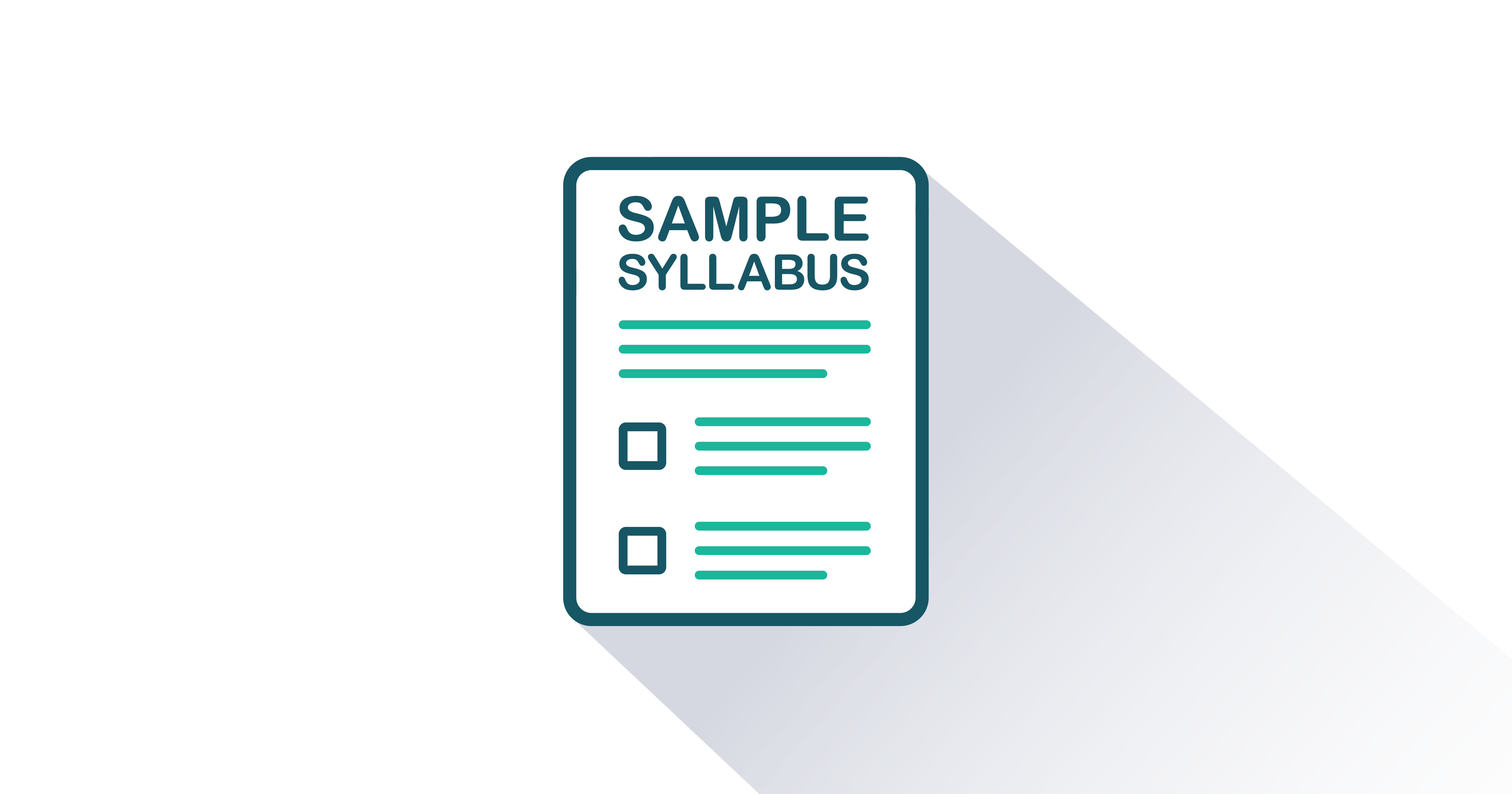Research Methods: Core Concepts and Skills for Psychology



Version 3.0
By Paul C. Price
Included Supplements
Key Features
- Clear and concise writing style avoids details that rarely surface in practice and allows time for supplemental readings from research articles, blogs, and other sources
- Follows the typical organization of standard research methods textbooks and course syllabi
- Over 100 embedded hyperlinks to videos and webpages to enrich online courses
- Introduces the concept of open science in Chapter 1 “Scientific Psychology”
- Includes a wide variety of subfields that are often overlooked, such as cognitive, comparative, counseling, clinical, and personality psychology
- Minimizes technical and philosophical digressions in the narrative to avoid distracting students from the main points, while offering assignable enrichment activities on such topics in the instructor’s manual
- Plentiful embedded links to resources such as Google Scholar, archival data sets, open-access journals, and videos
- Concluding Chapter 14 “ The Big Picture” conveys an overall perspective of key issues in psychological research such as the replication crisis, meta-analysis, and various open-science practices
- Supportive learning elements in each chapter:
- Chapter opening stories connect with students and emphasize the human side of research projects
- “Key Terms” help students understand and become comfortable with important vocabulary and phrasing
- “Learning Objectives” at the beginning of each main section preview the material to come and prepare students to learn
- High-Interest “call-out” boxes in each chapter highlight important, interesting, or controversial topics such as “APA Ethics Code” (Section 3.2), “Does Psychotherapy Work?" (Section 7.3), or “The Misunderstood p Value” (Section 13.2)
- “Key Takeaways” at the end of every main section summarize new information while it is still fresh and strengthens retention
- Exercises at the end of every main section are organized by “Practice” and “Discussion” to help students actively consolidate and retain what they have just read
- Answer guidelines for all exercises are provided in the instructor’s manual
- All supplements are written by the textbook’s author
Students
- Online Access Price
- $36.95
- Color Printed Textbook with Online Access Price
- $63.95
Research Methods: Core Concepts and Skills for Psychology is suitable for courses called Psychological Research Methods, Experimental Psychology, or Experimental Research Design or similar titles primarily taught at the undergraduate level in departments of psychology at four-year colleges and universities.
Research Methods: Core Concepts and Skills for Psychology features a standard organization—making it easy to assign in conjunction with most existing syllabi. The book emphasizes a fundamental idea: research methods are not a peripheral concern but are central to the discipline. The overarching goal of this textbook is to present the basics of psychological research methods in a straightforward manner. It focuses on the concepts and skills that are most widely shared within the discipline, while emphasizing both their centrality to the field and their contribution to the understanding of human behavior. In the process, it prepares students to be effective consumers of research, promotes critical thinking skills that are applicable across subfields and disciplines, and fosters attitudes that enhance overall life skills.
New in This Version
- New subsection on “Improving Scientific Research in Psychology,” including a new video link on open science and a new call-out box on the topic (Section 1.2)
- Links to new TedTalk video illustrates one of 50 great myths in psychology and new video on confirmation bias (Section 1.3)
- Expanded list of empirically supported treatments (Section 1.4)
- New Chapter 2 opening story on trigger warnings (Chapter 2)
- Added discussion of error bars (Section 2.1)
- Link to new video “Correlation Does not Imply Causation” (Section 2.1)
- Link to new video acknowledging and apologizing for Tuskegee Syphilis Experiment– “They Were Betrayed” (Section 3.1)
- Link to new video on Nuremberg doctors trial (Section 3.2)
- Updated discussion of informed consent forms (Section 3.2)
- Revised discussion of replication including the associated key term (Section 4.1)
- Updated coverage of Piaget, including a new video link (Section 4.2)
- Revised coverage of “The Big Five,” including a new video link (Section 5.1)
- Link to new video showing aggressive behavior in Bandura’s famous study (Section 5.1)
- New comparative psychology example, “What Is an Experiment?” (Section 6.1)
- Updated discussion of “External Validity” (Section 6.1)
- More recent example of a field experiment (Section 6.1)
- Link to new video of the Muller-Lyer illusion (Section 6.1)
- Link to new video on placebo effects (Section 6.2)
- New section on “Follow Open-Science Practices,” including a new video link on the topic (Section 6.3)
- New call-out box on archival data (Section 7.2)
- Replaced “The Case of Anna O” with “The Case of Little Albert,” including an associated video link (Section 10.1)
- Link to new video on applied behavior analysis (Section 10.1)
- Link to new video about APA-style citations (Section 11.1)
- Link to new video about the conference of the Society for Personality and Social Psychology (Section 11.3)
- Link to new video about distribution shapes (Section 12.1)
- Revised discussion of error bars (Section 12.3)
- New call-out box on statistical software programs, including JASP output (Section 12.4)
- Link to new video about sampling error (Section 13.1)
- Link to new video explaining Type I and Type II errors (Section 13.3)
- Revised discussion of how to compute power (Section 13.3)
- Link to new TedTalk video on narcissism (Section 14.2)
- Revised discussion of meta-analysis (Section 14.2)
- New key term “forest plot” with accompanying JASP-based figure and how to interpret it (Section 14.2)
- New call-out box about “Meta-Analysis and the Brain” (Section 14.2)
- About the Author
- Acknowledgments
- Dedication
- Preface
-
Chapter 1: Scientific Psychology
-
Chapter 2: Research Basics
-
Chapter 3: Research Ethics
-
Chapter 4: Theories in Psychology
-
Chapter 5: Psychological Measurement
-
Chapter 6: Experimental Research
-
Chapter 7: Nonexperimental Research
-
Chapter 8: Complex Research Designs
-
Chapter 9: Survey Research
-
Chapter 10: Single-Subject Research
-
Chapter 11: Presenting Research
-
Chapter 12: Descriptive Statistics
-
Chapter 13: Inferential Statistics
-
Chapter 14: The Big Picture

FlatWorld Homework
FlatWorld Homework includes multi-format questions written specifically for your FlatWorld book, which you can access through our stand-alone interface or integrate with your learning management system.

Instructor’s Manual
The Instructor’s Manual guides you through the main concepts of each chapter and important elements such as learning objectives, key terms, and key takeaways. Can include answers to chapter exercises, group activity suggestions, and discussion questions.

PowerPoint Lecture Notes
A PowerPoint presentation highlighting key learning objectives and the main concepts for each chapter are available for you to use in your classroom. You can either cut and paste sections or use the presentation as a whole.

Test Generator - powered by Cognero
FlatWorld has partnered with Cognero, a leading online assessment system, that allows you to create printable tests from FlatWorld provided content.

Test Bank Files for Import to Learning Management Systems
For your convenience, we've packaged our test items for easy import into Learning Management Systems like Blackboard, Brightspace/D2L, Canvas, Moodle, or Respondus.

Test Item File
Need assistance in supplementing your quizzes and tests? Our test-item files (in Word format) contain many multiple-choice, fill-in-the-blank, and short-answer questions.

Sample Syllabi
Sample syllabi provide useful templates to help new faculty adopters revise their teaching plans to match their assigned FlatWorld textbook or lend insights to existing adopters on how to organize their classes.
DownloadAt FlatWorld, we take pride in providing a range of high-quality supplements alongside our titles, to help instructors teach effectively. Supplements are available for instructors who have registered their adoption with us. If you need to review or preview something specific, please contact us.
Already registered? Sign in here.
Additions & Errata
6/21/24:
Section 11.2: Adjusted the discussion of the order of tables, figures, and appendixes in APA Style.
Section 12.1: Fixed errant "x" in the equation for z score under the "Percentiule Ranks and z Scores" section.
